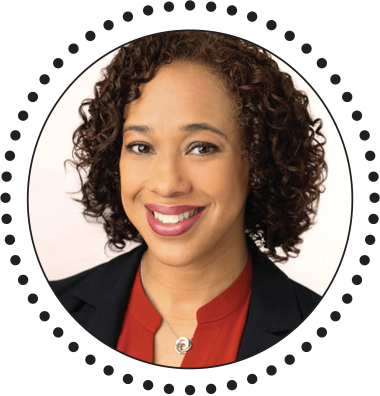What kind of work do you do with your organization? What energizes you about your career?

I’m a leadership consultant at ghSMART. I work with CEOs, senior executives, and investors on leadership assessment, coaching and development, and organizational effectiveness. The most energizing part of my career is that I get to see the human side of inspiring, accomplished people who are driving change in the world. I hear the stories of what shaped them.
What did you study in graduate school? Can you talk a bit about your research?
I studied American Politics and Public Policy. My dissertation explored how local elected officials developed and leveraged their social capital with a focus on the impact of identity politics.
Why and when did you choose to pursue a non-faculty career?
When I was an analyst in the Intelligence Community, everyone on my team had a PhD in Political Science, Public Policy, or History. After I decided to resign from the IC, I briefly considered the faculty track. While I loved the academic rigor and relative intellectual autonomy of the professoriate, I never found my purpose or calling in academic research. I wanted clear expectations, and I wanted my impact on the world to be tangible. I also missed working in teams toward a common, defined goal. Candidly, the geographic flexibility and compensation in the corporate space were also appealing as I was making my final decisions.
In what ways did your doctoral training help you in your career?
My analysis and critical thinking skills were significantly sharpened during my doctoral training. My undergrad degree and the first few years of my PhD were heavily quantitative; however, much of my dissertation research was qualitative. Being able to distill transcripts into thematic, fact-based data for my clients increases my accuracy and credibility, as well as their confidence.
Do you have any advice for PhD students considering a career in your specific sector?
Use your time during your doctoral training to learn more about yourself—when are you most energized? What inspires you? What drains you? When are you at your best? As a consultant—and as a grad student— it’s easy to get lost in other people’s expectations of you. Being true to yourself will be the surest way to succeed in whatever sector you pursue.■



